When I first heard about Banned Books Week (BBW) my mind immediately jumped to the banned books I read as a child. Yep, that’s right, I read books banned by the Catholic Church and enforced by the nuns at my school. For me it was a form of breaking the rules! My mother never banned books because she sensed, like she had done as a young child, I would gloss over what I did not understand. So I read with a voracious and uncensored appetite.
Amnesty International was one of the groups supporting Banned Books Week in 2011. They have their own list, Books Suppressed or Censored by Legal Authorities.
Mainly the issue here is about the restricting of free thought and ideas and the ability to write and publish those thoughts and ideas that matter to individuals. Books on this list are prevented from being published and read in wide areas of the world. They are stopped at their source because the ideas enmeshed in the words are contrary to the ideas of those in authority. The right to speak out is being severely and violently repressed. Americans enjoy a country with a much freer press than other countries, notice I say much freer, not completely free, the American legal system does sometimes suppress legitimate expression for limited time frames, for example, reasons of national security, copyright, or children. For the most part we are able to enjoy the many books that are published, thanks to the free press, and need not to take them for granted.
When I first heard about BBW though politically banned books did not immediately spring to mind. Initially I was led to a list of 100 banned, classics and novels found on the ALA website. As I read through the list I thought, I’ve not only read most of these books, I’ve also shared them with my children! Oh my!! Listen to a few that I found: Harry Potter, J.K. Rawlins, Of Mice and Men, John Steinbeck, The Giver, Lois Lowry, Bridge to Terabithia, Katherine Paterson, The Kite Runner, Khaled Hosseini, Ulysses, James Joyce, The Sun Also Rises, Ernest Hemmingway, Winnie the Pooh, A.A.Milne, Gone With the Wind, Margaret Mitchell, The Call of the Wild, Jack London, and The Lord of the Rings, J.R.R.Tolkien. Seems to me you’ve not arrived as an author until you’ve been challenged or banned!
I could facetiously refer to this list as “my reading list for the coming year!”
I was confused, was the American Library Association banning these books from their shelves around the States? Some of the titles on the lists have been the targets of publication suppression at some point, but many (like those in the Harry Potter series) have not. So if they weren’t suppressed should they be labeled as banned? Are lists like these just “shameless propaganda”, as some conservatives charge, or a hapless attempt to market classic literature to teens? How did I react to a banned book list when I was growing up? I read the book, if I could find it. This could be a good way to motivate a reluctant reader to tackle Huck Finn or Maya Angelou, or even D.H. Lawrence!
After further research on the ALA website, I discovered that teachers, librarians and other outspoken community members have banned or challenged certain books in their schools, local libraries and small towns. Librarians and teachers necessarily select certain books, and not others, for their collections and classes, after all not every book can be represented in small school libraries. Parents and patrons of the schools and libraries should have some say in these selections, but there’s a world of difference between saying “isn’t this more appropriate for the YA shelves than for the early readers section?” or “Would this title be a better fourth-grade book on this topic than the one currently being used?” than insisting, “None of our kids should be reading about this kind of thing!”
“This kind of thing!” Lets go there for a minute! Because in schools this is what the banned books issue is mostly about. By the time children reach double-digit ages (which is the young end of the audience for most of the controversial books) they have lots of questions about life, death, sexuality, unfairness, hatred, violence, drugs, and religion. They deserve the chance to explore answers to these questions in their reading and in their conversations and as a homeschooler I believe we parents can guide our children towards appropriate material to satisfy their questions within the boundaries of our personal homeschool moral ethic. Personally I do cringe at some of the material in middle and high school libraries, but, as I mentioned before, some of the books may have ideas their readers are not yet ready to deal with fully, so, as I did when reading whatever I could get my hands on, they automatically self-regulate. Books are not the only places where our children encounter dubious ideas and counsels, mainstream culture is conflicting and confusing everywhere you turn. However, we have taken the responsibility, as Christian homeschooling parents, to discuss with our children how to evaluate wisely and appropriately these ideas we may consider “controversial.”
Banned Books Week is about twin freedoms: the freedom to write about what matters to you, and the freedom to read about what matters to you. Without consciously knowing it I could probably compile my own 100 books banned from the shelves of Wild Flower Academy. But, in my house, banning anything is not an effective discipline tool. Hmmm, that’s an interesting thought, how about banning quietly reading, staying home in the evenings, early nights…?
Banned Book Week is September 22nd-28th 2013 and make plans for your reading list next year!
Visit The Huffington Post for more!

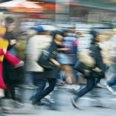
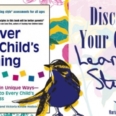
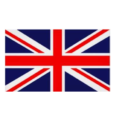


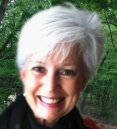 Hello I'm Vivienne McNeny, English to the core and I've just put the kettle on so while its boiling let me tell you a little about myself. I was raised in a convent boarding school while my parents diplomatically hosted cocktail parties at foreign Embassies.
Hello I'm Vivienne McNeny, English to the core and I've just put the kettle on so while its boiling let me tell you a little about myself. I was raised in a convent boarding school while my parents diplomatically hosted cocktail parties at foreign Embassies. 
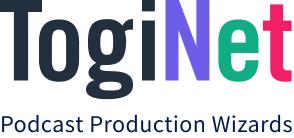
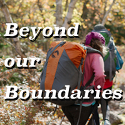


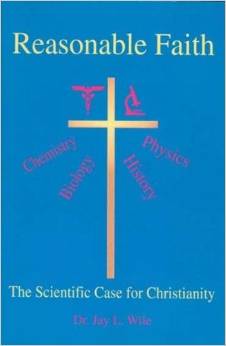
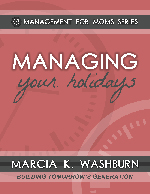
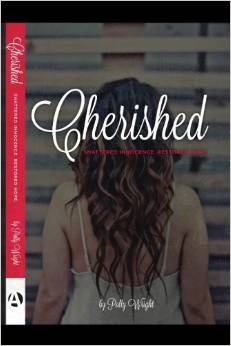
No comments so far!
Leave a Comment